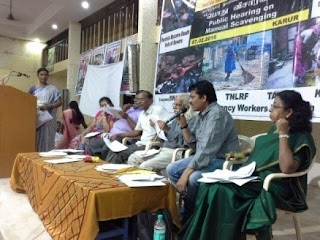Call for action!
In solidarity with our Cambodia partners, please post the following message on the Capitol Tours Bus company Facebook page:
Capitol Tours Bus Company, I am severely shocked by how you are violating the rights of your workers. You should immediately reinstate the 45 illegally terminated union members with back pay. And you should end the practice of violence and intimidation against union members and respect freedom of association and the right to collective bargaining!
You can also leave a poor review in their review section, and add this message to it as explanation. Let's show them the mobilization that takes place if a company doesn't respect freedom of association and collective bargaining!
In solidarity with our Cambodia partners, please post the following message on the Capitol Tours Bus company Facebook page:
Capitol Tours Bus Company, I am severely shocked by how you are violating the rights of your workers. You should immediately reinstate the 45 illegally terminated union members with back pay. And you should end the practice of violence and intimidation against union members and respect freedom of association and the right to collective bargaining!
You can also leave a poor review in their review section, and add this message to it as explanation. Let's show them the mobilization that takes place if a company doesn't respect freedom of association and collective bargaining!















